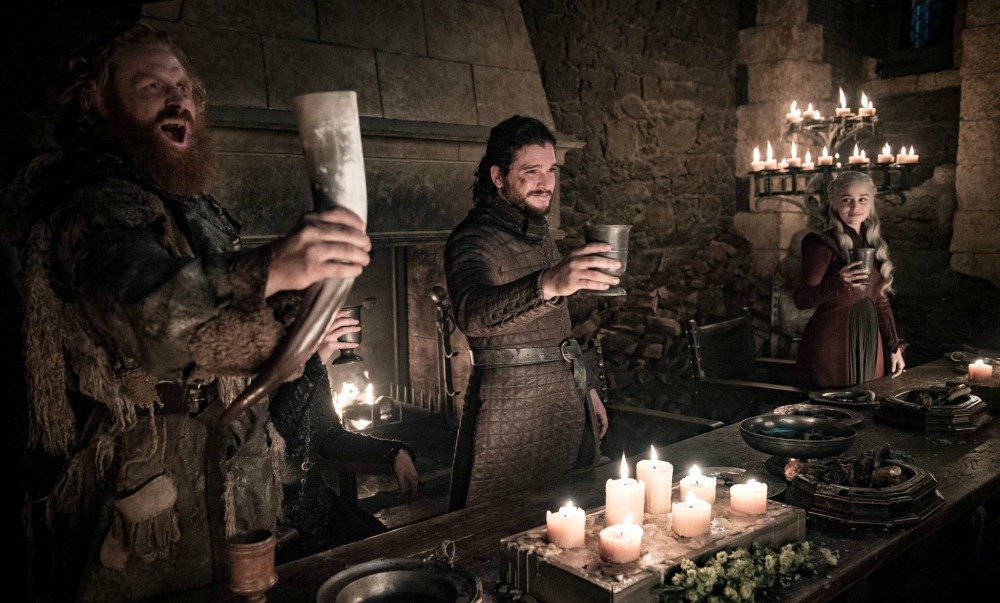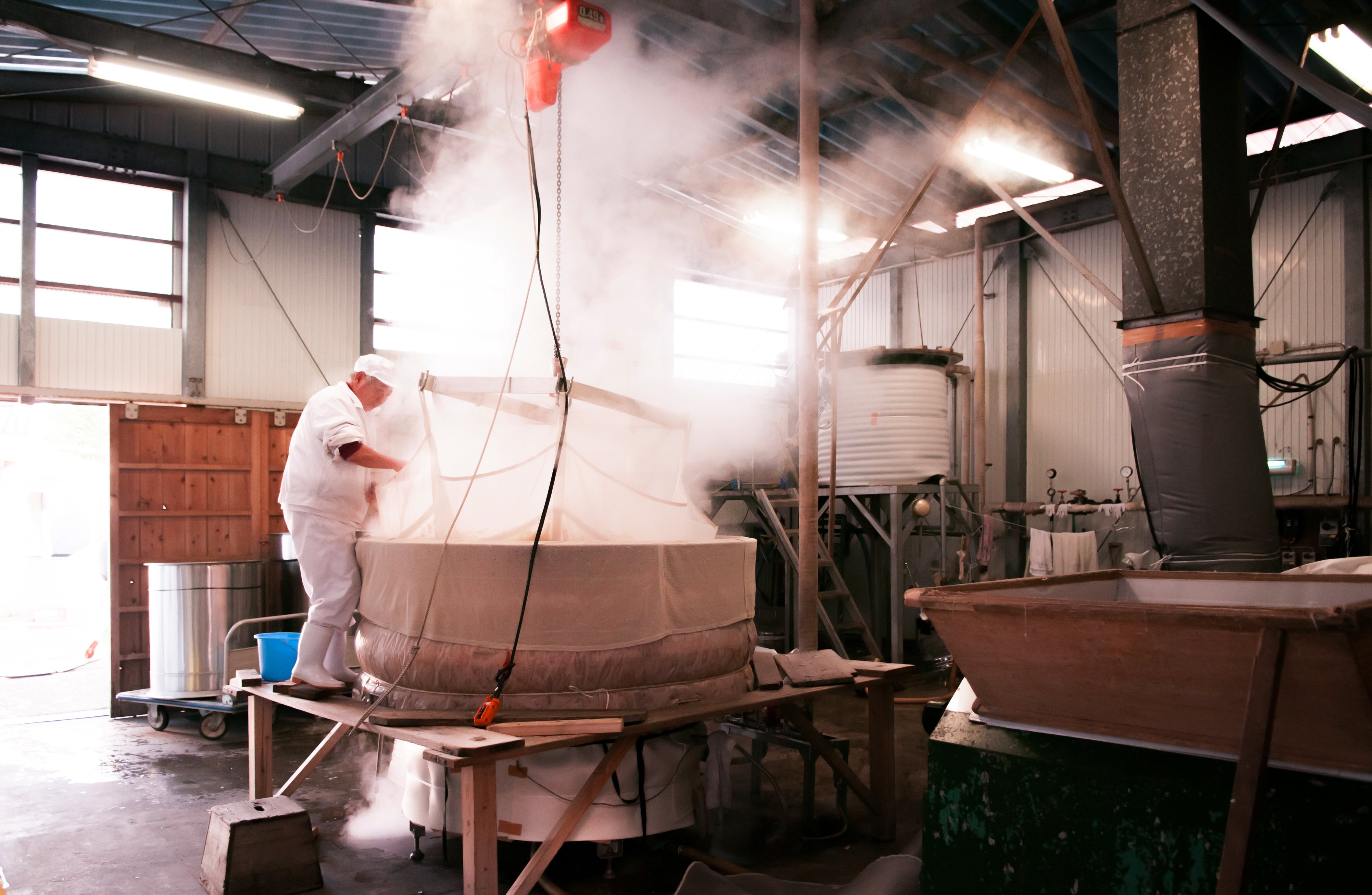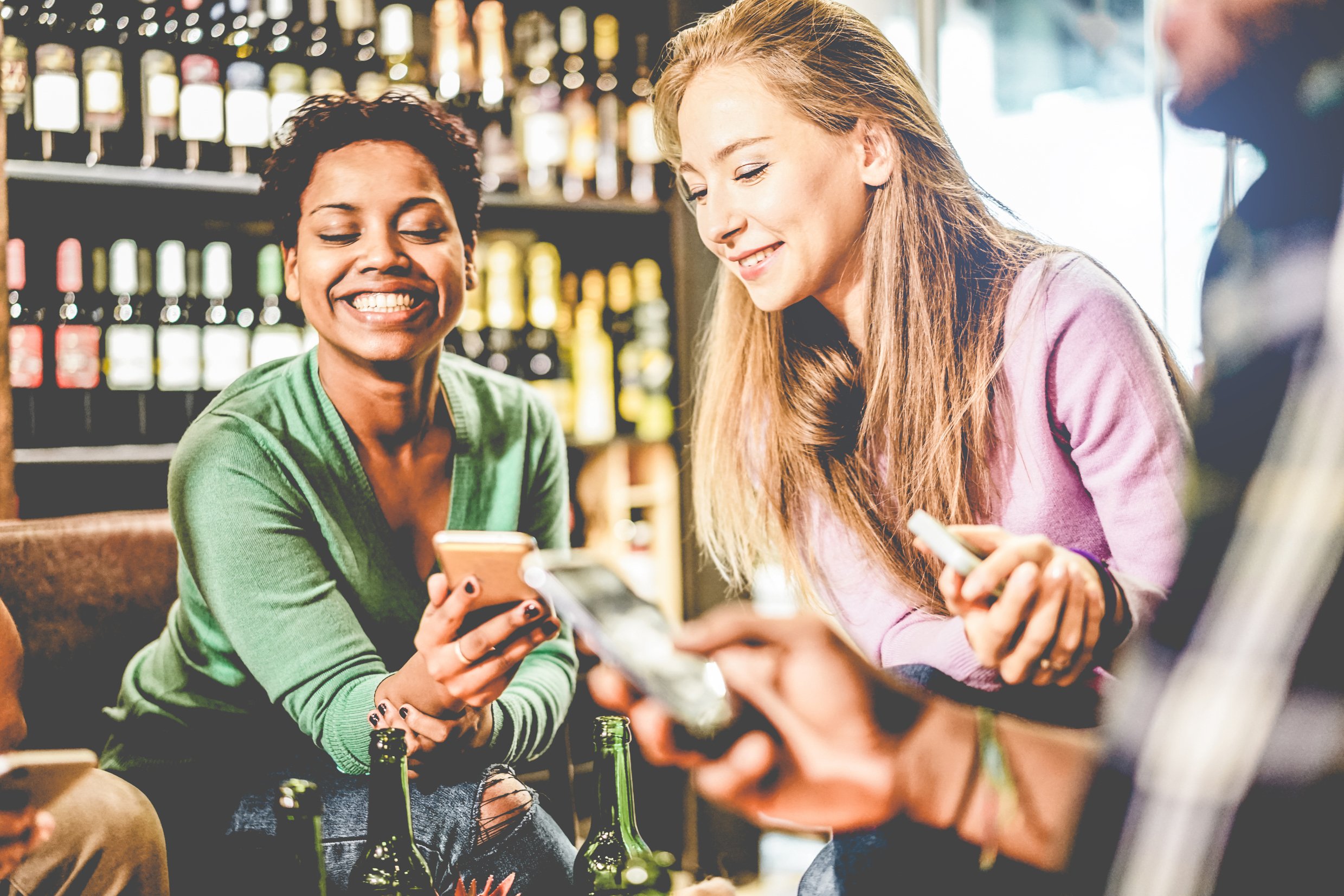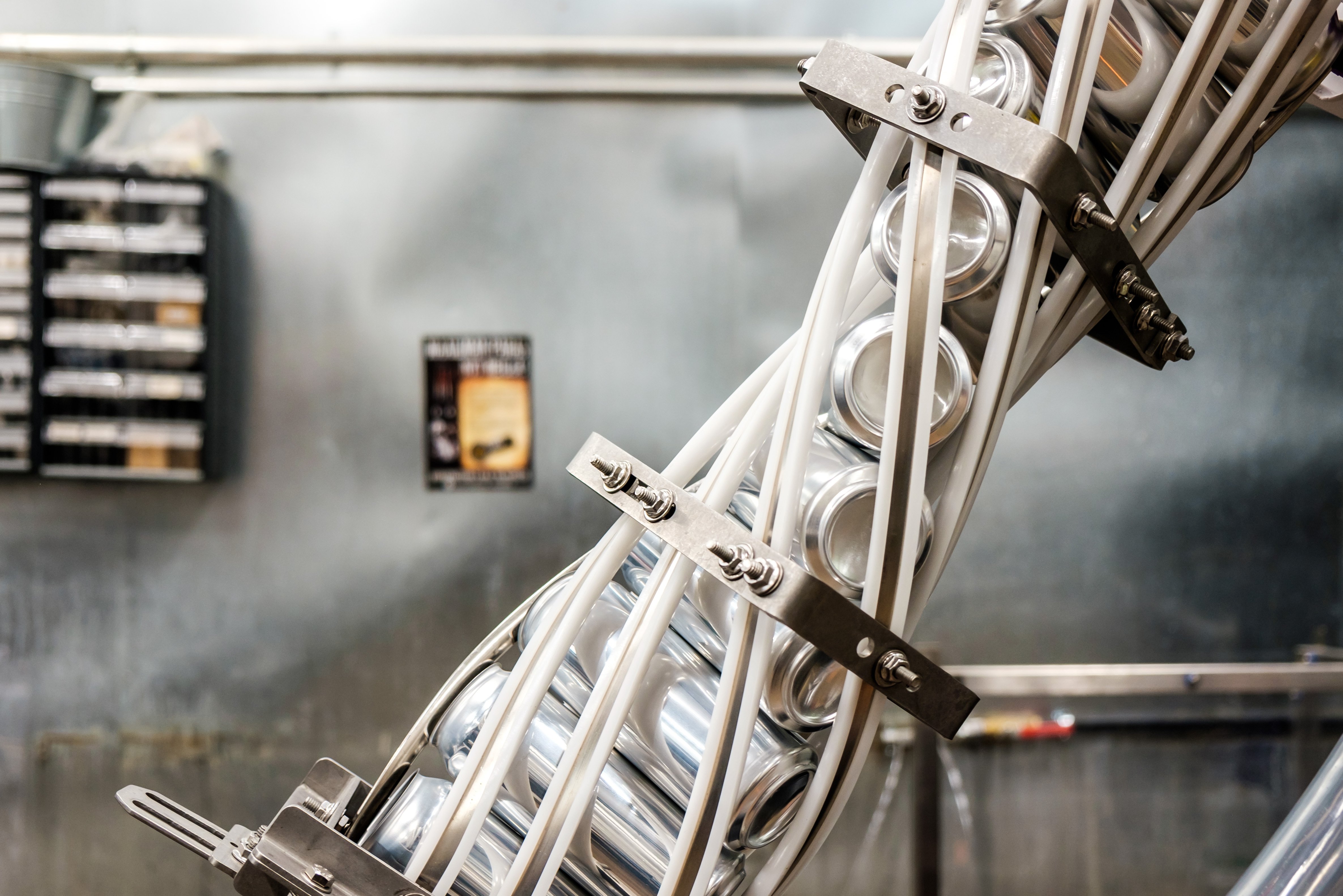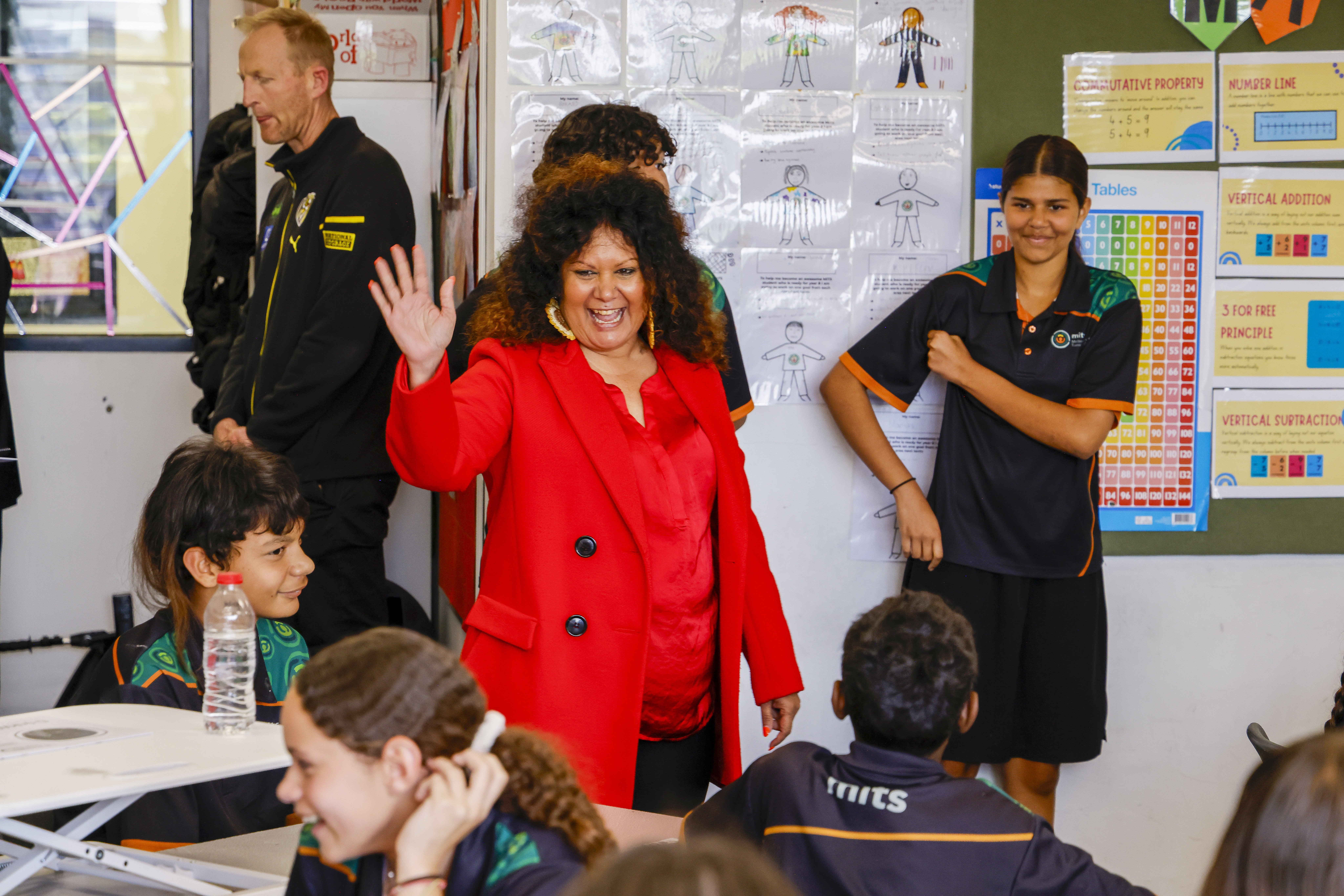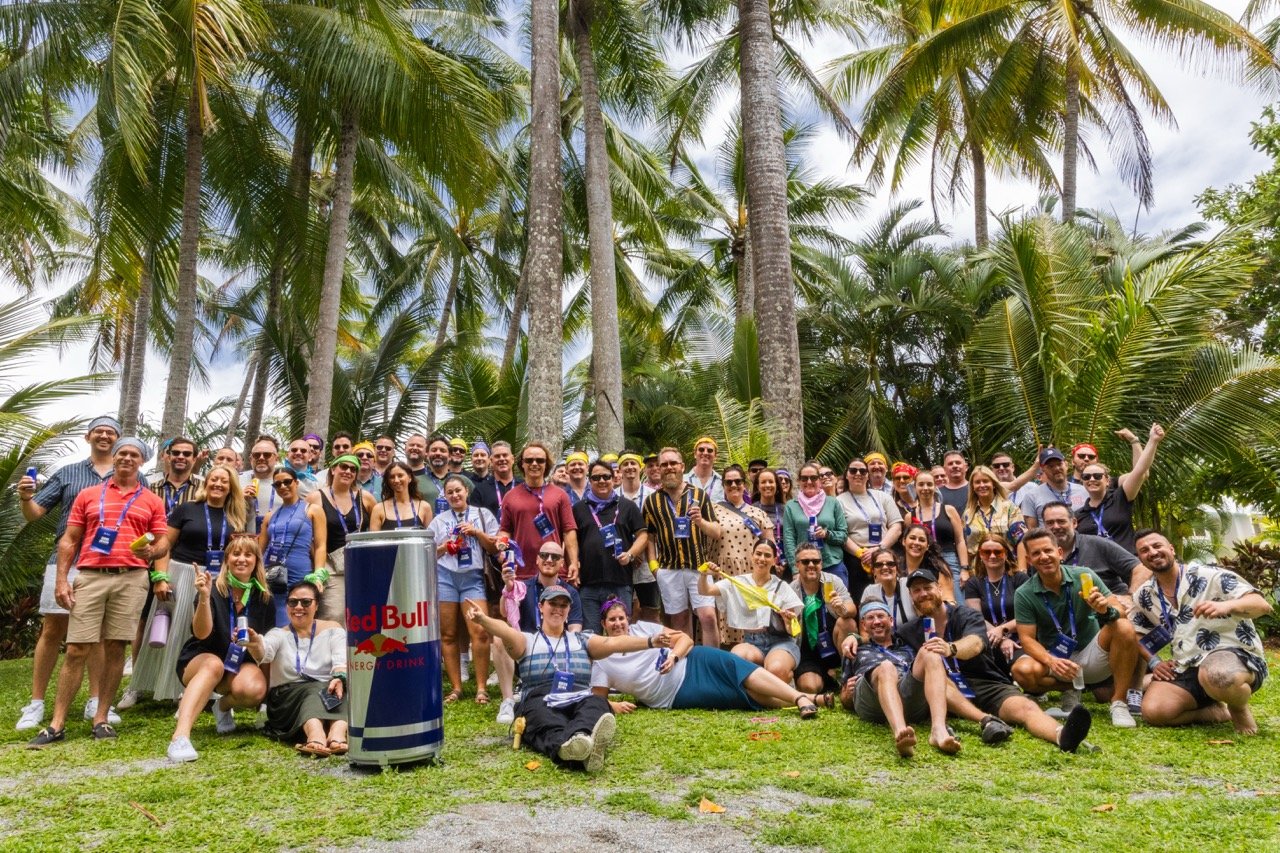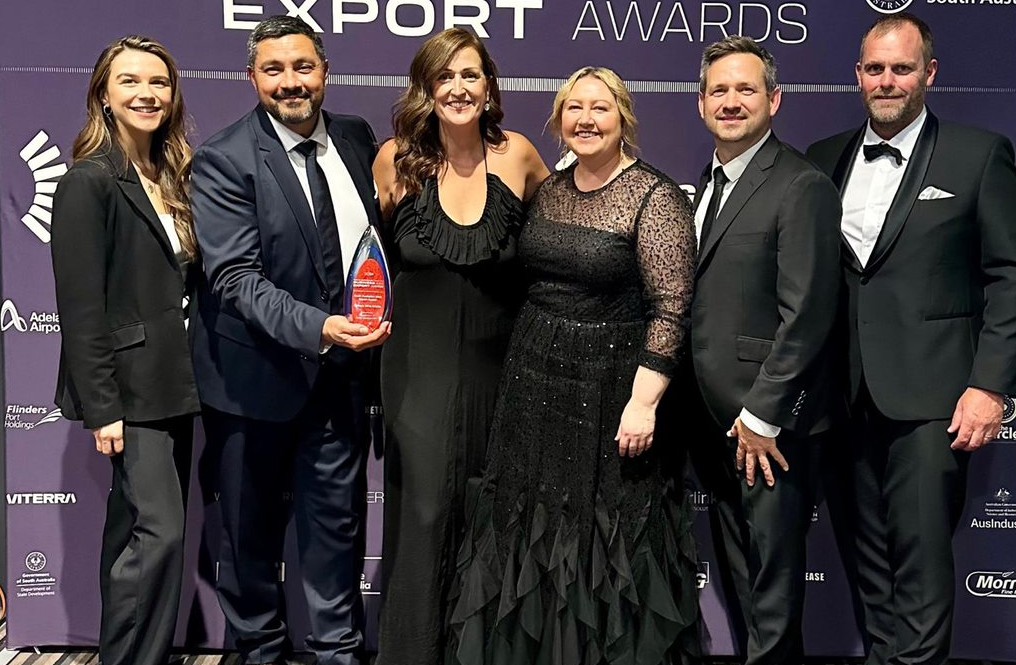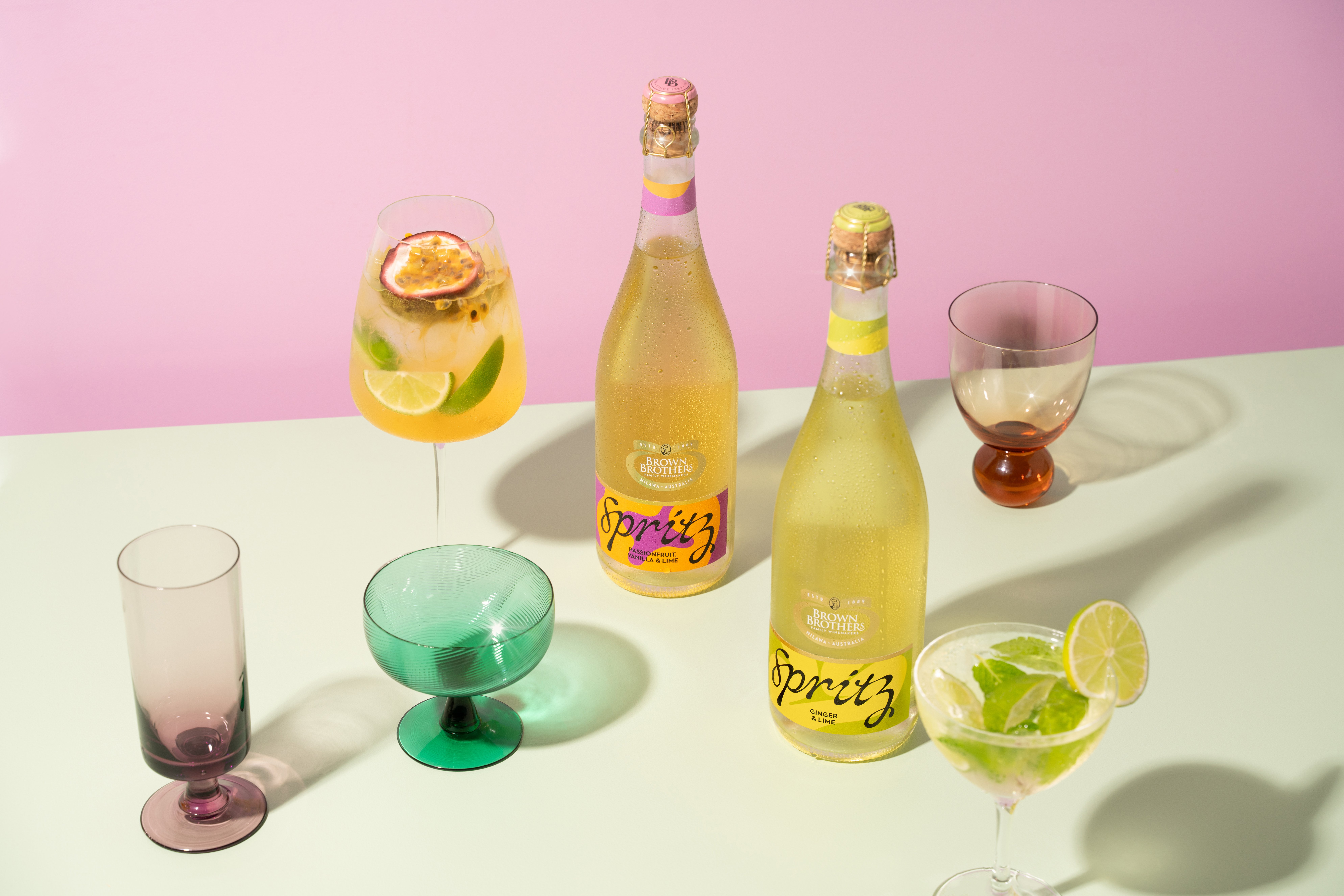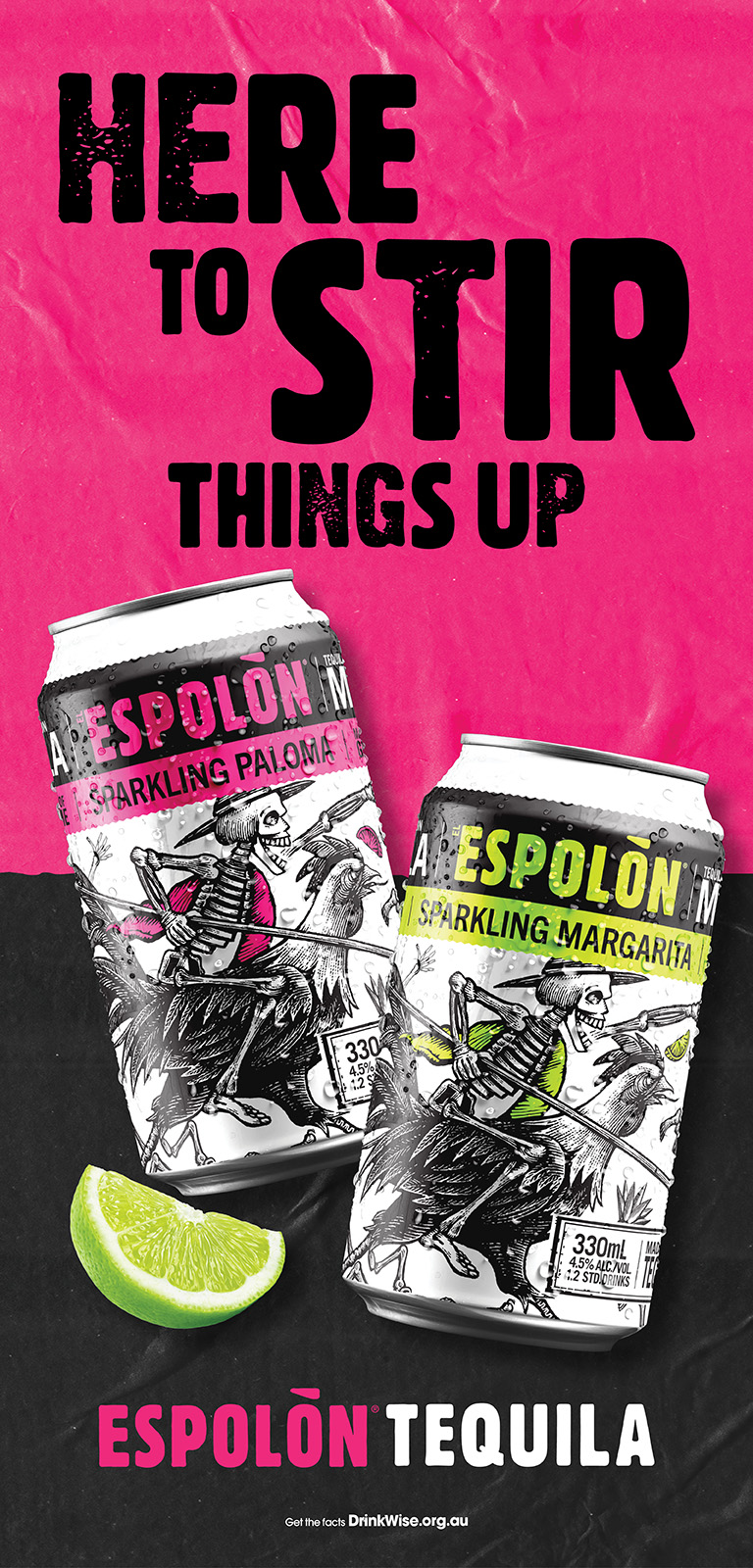It's been a year of huge change for the Australian drinks industry, filled with news of acquisitions, appointments and innovations.
But the story that sparked the most interest with our readers was about a product steeped in tradition and history, whisky. Our number one story of the year was the release of a Limited Edition Game of Thrones whisky collection.
It was followed closely by the release by Asahi of Two Suns beer. In fact, beer featured pretty heavily in six of our top 10 stories.
It's hardly surprising, with the latest figures from the Australian Bureau of Statistics showing beer is still the top alcoholic beverage for Australians, with a 39% market share.
However, spirits and RTDs are catching up fast, with consumption rising 7% in 2017-18.
But that's enough stats during the silly season ... here's the top 10 ...
Limited edition Game of Thrones whisky collection released (March)
To celebrate the eighth and final season of the critically-acclaimed TV series, Game of Thrones, Diageo and HBO released a limited-edition collection of Single Malt Scotch Whiskies.
The collection featured seven Scotch whiskies paired with six of the iconic Houses of Westeros, as well as the Night’s Watch.
Diageo’s diverse range of distilleries in Scotland, like in Westeros, each have their own unique characteristics and produce a distinctive whisky representative of its local terroir.
These similarities were the inspiration behind the collection, drawing an authentic storyline between each House and single malt pairing.
2. Asahi releases first easy drinking beer: Two Suns (September)
Asahi Premium Beverages has launched its first easy drinking beer in Australia, called Two Suns Premium Dry.
The beer is a collaboration between two passionate brewers: Geoff Day from Australia and Yosuke Tajika from Japan.
Two Suns' unique brewing collaboration introduces a premium, low bitterness and lower carb option to the easy drinking category and is made in Australia with 100% Australian malt and wheat, using precise Japanese brewing techniques.
Asahi Premium Beverage has invested more than $5million in its biggest ever NPD launch for the brand.
5 bottle shop promos that were banned in 2018 (April)
ABAC’s 2018 Annual Report revealed there were five bottle shop breaches of its guidelines in 2018.
The Alcohol Beverages Advertising Code Scheme (ABAC) is the body responsible for overseeing complaints about alcohol advertising.
During 2018 the panel made 21 determinations that upheld public complaints about alcohol marketing communications.
Six of them related to bottle shop promotions, including a Liquorland advertisement on Spotify; a Moon Dog Brewery promotion featuring an inflatable palm tree and a frisbee; Facebook posts by Charlie’s Liquor Barn depicting people aged under 25; a My Bottleshop email that encouraged excessive consumption; and a series of Premix King Facebook posts.
Police make arrests in $28million alcohol fraud scam (December)
Two men were arrested this month following an Australian Border Force (ABF) led investigation into allegations of large-scale customs alcohol fraud and smuggling totalling an estimated $28 million.
Authorities also cancelled the licence of a depot believed to have been involved in the alcohol fraud.
The arrests followed the execution of search warrants on 15 properties in Melbourne and Sydney on December 11, 2019 as part of Operation Cabestro, which commenced in July 2019.
Authorities seized 800,000 bottles of alcohol during the investigation.
The ABF will allege that the men used a number of businesses to illicitly import, smuggle and export alcohol, and make fraudulent claims under the Duty Drawback Scheme.
A 38-year-old Dover Heights man and a 33-year-old Parramatta man were arrested.
The most valuable beer brand in the world (June)
AB InBev’s Budweiser claimed the top spot as the world’s most valuable beer brand for the first time, overtaking long-standing leader Bud Light.
Brand Finance’s annual report on the most valuable and strongest beer brands found Budweiser’s brand value was $US7.5 billion.
It attributed the brand’s rise to No.1 to the immense success of its global sponsorship of the 2018 FIFA World Cup.
“The campaign, the brand’s most expensive to date, reached 3.2 billion football fans globally, facilitating accelerated growth in new markets including South Africa, Colombia, China and Australia,” the report revealed.
Budweiser sales increased 2Q18 revenue by 10.1% outside of the US as reaped the benefits of its global sponsor.
AB InBev dominated the Brand Finance Beers 25, with 11 brands making the list.
AB InBev to sell Carlton & United to Asahi (July)
AB InBev has agreed to divest Carlton and United Breweries (CUB), its Australian subsidiary, to Asahi Group Holdings for $AU16billion.
As part of this transaction, AB InBev granted Asahi Group Holdings the rights to commercialise the portfolio of AB InBev’s global and international brands in Australia.
AB InBev noted in a statement that the divestiture of CUB, once completed, would help it accelerate its expansion into other fast-growing markets in the APAC region and globally.
“It will also allow the company to create additional shareholder value by optimising its business at an attractive price while further deleveraging its balance sheet and strengthening its position for growth opportunities,” the statement said.
Last week The ACCC has postponed its final decision on Asahi Group’s proposed acquisition of Carlton & United Breweries for the third time and will give its verdict in March.
Brewery boss resigns after posting offensive meme (June)
The CEO of Southern Bay Brewing resigned earlier this year after a meme he posted on Facebook was slammed by followers.
Nick Warming posted a meme that read: “Non-alcoholic beer – you mean gay lemonade?”
There was an immediate backlash, with followers describing it as homophobic and offensive – especially as was is World Pride Month 2019 – and it was pulled within an hour.
Warming told Brews News: “I want to stress that this is not the view of any staff member at Southern Bay. I made the post myself and it was a gross error. I am truly sorry. I don’t want them to take responsibility for something that was my fault.
“All I can stress is that it was a genuine mistake. I feel absolutely horrible about it and I don’t want to vilify any particular part of the community.
“I don’t want to use excuses and I want to own it and apologise. My only intention was to promote the brewery which I clearly haven’t done well.”
The beer brand that enticed Asahi to buy CUB (July)
Asahi revealed the success of Great Northern was one of the big reasons it decided to buy CUB.
Executive chairman of Asahi Beverages Peter Margin told the Australian Financial Review he was impressed by CUB’s product innovation and marketing sizzle in elevating Great Northern to one of the biggest-selling beers in the country.
The booming sales of Great Northern, combined with regaining distribution of Corona from Lion, has lifted CUB’s market share to 48.8%.
He said it gave Asahi confidence by showing there was life in the beer category.
“I’m not sure the rest of the market has woken up to what has happened,” Margin said.
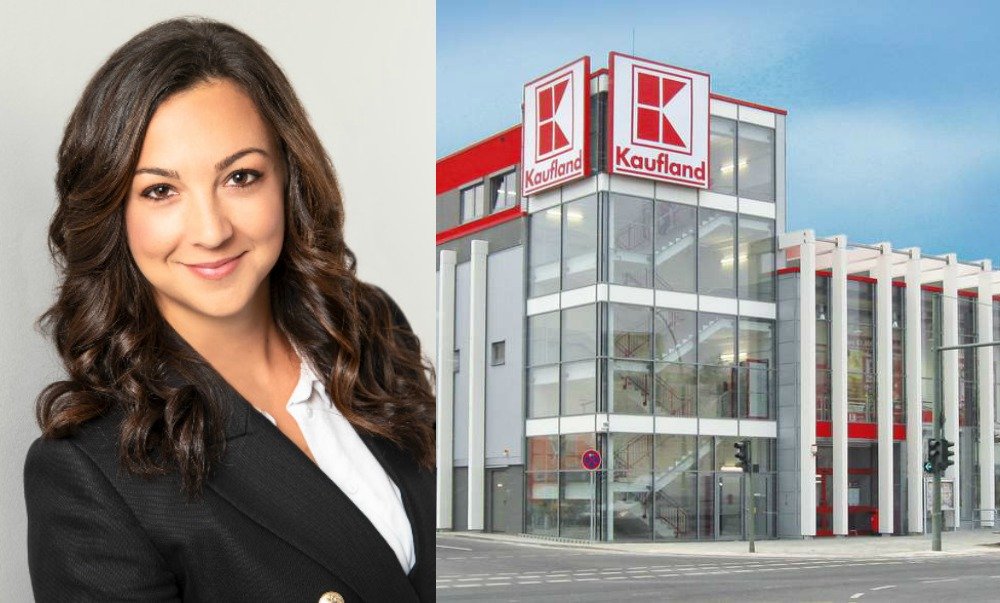
The woman behind Kaufland’s Australian launch (March)
Kaufland’s secret weapon as it prepares to battle for market share in the Australian grocery and liquor sector is managing director Julia Kern.
The 29-year-old took up the role in May 2018 and has been connecting with the Australian drinks industry as the German supermarket and liquor chain gears up to launch in Australia.
Kern was previously executive director, Region North, for the retailer in Germany.
Following her appointment to the top job in Australia, Kaufland CEO Patrick Kaudewitz noted: “Julia Kern has qualified for this task on her past performance and her potential. We do not make such decisions lightly. But we are a long way from a youth delusion attested to us. The average age of our board members and executive board members is 43 years.”
Kaufland’s Germany head Richard Lohmiller added: “Julia Kern has been my direct colleague for the last year and a half, she has done an excellent job in the Northern Region and has developed great. And just for comparison: The executives who opened the first markets 50 years ago and pave the way were the same age.”

Share the content
